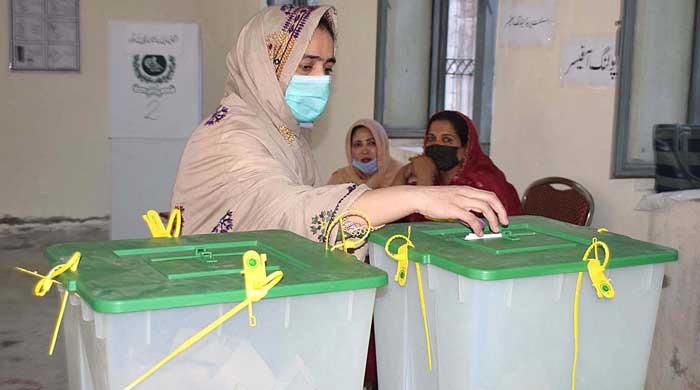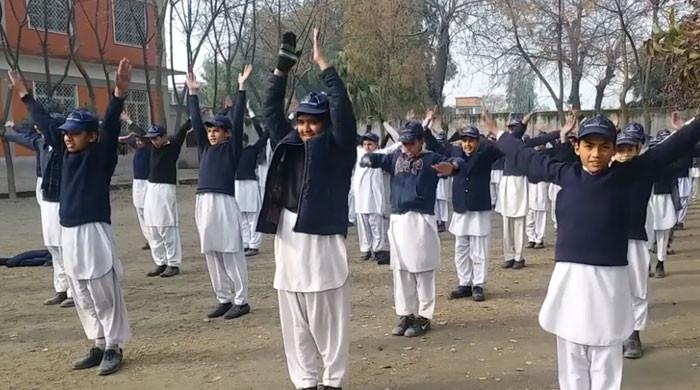Pakistan needs to implement a comprehensive integrated Behaviour Change Communication Strategy that includes all the necessary components and practices such as family planning, nutrition, maternal & child health, EPI, polio and others at the ground level.
Caretaker Federal Minister for National Health Services Dr. Nadeem Jan expressed these views while addressing the launching ceremony of a pilot project “Weekly Iron Folic Acid Supplementation” (WIFAS) at school level.
The project will benefit more than 5,000 in-school adolescent girls and provide them with a shield against anemia.
Nutrition International has joined hands with the Nutrition Wing of Ministry of National Health Services Regulations and Coordination (MoNHSRC), Integrated Reproductive Maternal Newborn, Child Health & Nutrition Program (IRMNCH&N) Punjab and Lodhran district’s health and education authorities to pilot a school-based Weekly Iron Folic Acid Supplementation (WIFAS) programme in 50 public sector schools.
The pilot project reached more than 5,000 adolescent girls with the recommended scheme of WIFAS and enhanced their knowledge about nutrition and iron deficiency anemia.
The Minister for Health appreciated the efforts of the Nutrition Wing of his ministry and Nutrition International for taking initiatives which are aimed at improving the health and nutrition outcomes of women and adolescent girls.
He directed his ministry to develop a special task force on nutrition to strategize and guide on Nutrition Programming in the country using a life cycle approach.
He told the participants that 2 million doses of Multiple Micronutrient Supplements (MMS) have been donated to the Ministry for pregnant women and US$ 10 million have been committed by a donor for local production of MMS in Pakistan which will be a great step towards improving the nutritional status of women.’ He reiterated the commitment of his government to focus on the health and nutrition of the population , especially the most vulnerable, including women, children and adolescents.
‘WIFAS pilot project has been a well-coordinated and comprehensive program with a set of activities around adolescent health and nutrition’, Dr. KhawajaMasood, National Coordinator Nutrition and NFA MoNHSRC. He further said that ‘Iron deficiency anemia is one of the key public health problems faced by adolescents in Pakistan.
As per the findings of the National Nutrition Survey 2018, 54.7pc of the country’s adolescent girls are anemic with a higher prevalence in rural areas (56pc) than urban areas (53pc).’
Anemia and malnutrition can lead to diminished human capital and academic potential. “Girls constitute 48pc of the total adolescent population in Pakistan and half of them are anemic.






